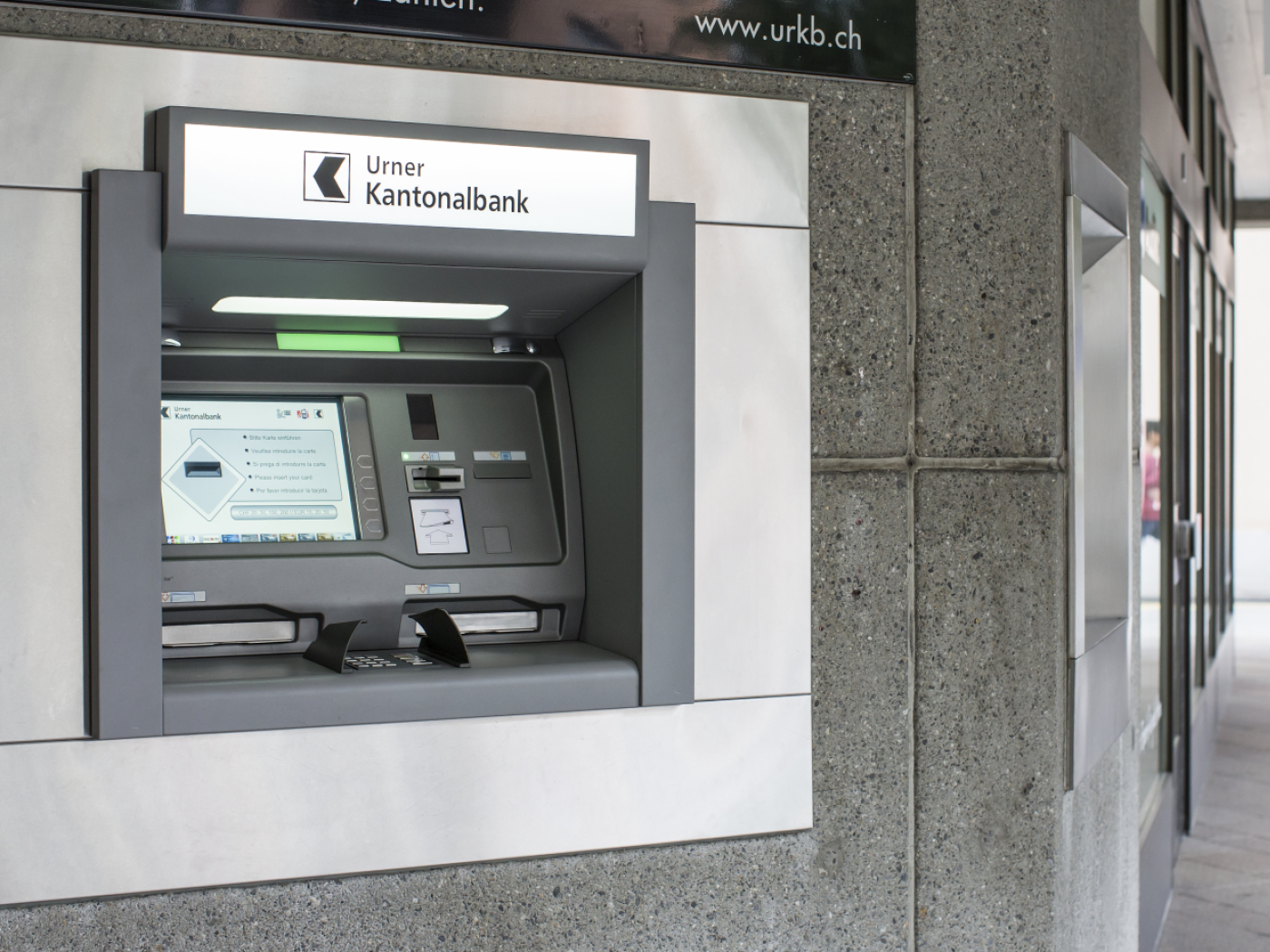
UBS completes Swiss mega-merger

Swiss bank UBS says it has completed its emergency takeover of embattled local rival Credit Suisse, creating a giant Swiss bank with a balance sheet of $1.6 trillion (CHF1.45 trillion) and greater muscle in wealth management.
“This is the start of a new chapter – for UBS, Switzerland as a financial centre and the global financial industry,” UBS CEO Sergio Ermotti and Chairman Colm Kelleher said in an open letter published in Swiss newspapers on Monday.
The biggest banking deal since the 2008 global financial crisis would create challenges but also many opportunities for its clients, employees, shareholders and for Switzerland, they said.
Swiss financial regulator FINMA has specified the central elements of its regulatory requirements for the merged UBS and Credit Suisse, it said on Monday.
The regulator also said it “welcomes UBS’s strategic focus, which foresees a rapid reduction of risk in investment banking,” in a statement after UBS formally completed its emergency takeover of its stricken rival.
FINMA said it would continue to supervise the merged bank “very closely” during the integration process.
“The legal consummation of the merger between UBS Group and Credit Suisse Group marks the end of a phase of great uncertainty,” FINMA said in a statement. “This creates clarity and stability.”
The regulator said one of the most pressing goals for the new merged bank was to quickly reduce the risk of the former Credit Suisse investment bank, but it was confident this could be achieved.
“Following the completion of the transaction, the merged bank has the necessary capital and liquidity resources to carry out these risk reduction activities quickly and decisively and to successfully complete the integration,” FINMA said.
The group will oversee $5 trillion of assets, giving UBS, the world’s largest wealth manager, a leading position in key markets it would otherwise have needed years to grow in size and reach. The merger also brings to an end Credit Suisse’s 167-year history, marred in recent years by scandals and losses.
On March 19 an emergency rescue of Credit Suisse, brokered by the Swiss government, central bank and financial regulator, was announced. Under the deal, UBS agreed to buy Credit Suisse for a knockdown price of CHF3 billion in stock and assume up to CHF5 billion in losses. Detailing the events later in a regulatory filing, UBS said it was rushed into a deal it did not want.
The two banks jointly employ 120,000 people worldwide, although UBS has already said it will be cutting jobs to take advantage of synergies and reduce costs.
Sergio Ermotti said on Monday that around 10% of Credit Suisse employees had left before the bank sealed its takeover of its former rival.
Reuters and other media reported last month that hundreds of Credit Suisse employees were resigning each week, amid heightened uncertainty about their future and increased recruitment efforts from competitors.

More
What it takes to fuse two Swiss banking giants
‘Red lines’
Separately, on Monday the Financial Times reportedExternal link that UBS wants to impose strict business restrictions on Credit Suisse bankers. Among other things, there is talk of a ban on new clients from high-risk countries and on complex financial products.
UBS executives have drawn up a list of nearly two dozen “red lines” prohibiting Credit Suisse employees from a range of activities from day one of the merger of the two banks, the paper wrote, having spoken to people familiar with the measures.
Among the banned activities, according to the report, are taking on clients from countries such as Libya, Russia, Sudan and Venezuela, and launching new products without the approval of UBS managers. Ukrainian politicians and state-owned companies would also be blocked to prevent possible money laundering.
Credit Suisse’s final few years were marked by a series of scandals and crises, which one internal report said were a result of its “lackadaisical attitude towards risk”.
UBS did not want to comment on this information to the AWP news agency.

More
Where did it all go wrong for Credit Suisse?

In compliance with the JTI standards
More: SWI swissinfo.ch certified by the Journalism Trust Initiative













































You can find an overview of ongoing debates with our journalists here . Please join us!
If you want to start a conversation about a topic raised in this article or want to report factual errors, email us at english@swissinfo.ch.